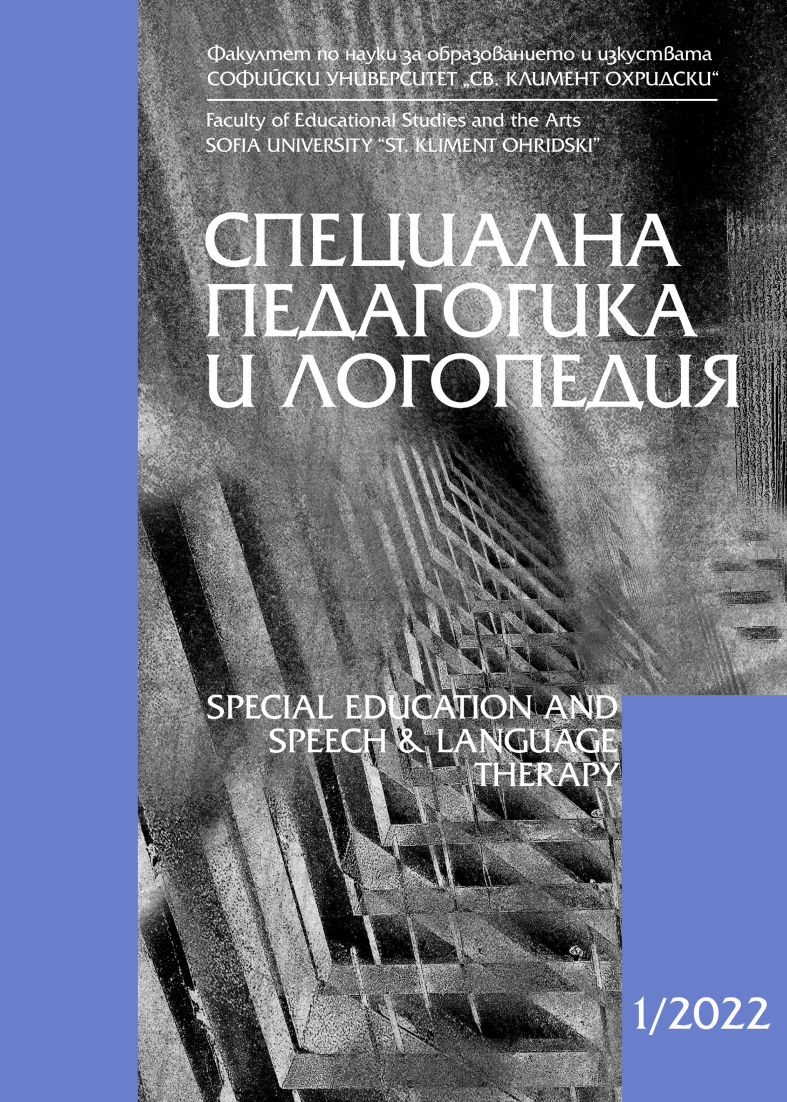INTELLECTUAL FUNCTIONING IN CHILDREN WITH SPECIFIC LEARNING DISORDERS
Keywords:
learning disorder, intellectual functioning, psychological assessment, intelligence testing, WISCAbstract
The article outlines the results of a study on the specific features, similarities and differences in intellectual functioning in children with specific learning disabilities. The focus is on the heterogeneity of intellectual functioning, whereas the questions of causality and localization of deficits are subordinated to the task of gaining a better understanding of the qualitative aspects of the intellectual profile and their potential compensatory role in providing appropriate interventions and support strategies. Features of the components of measured intelligence in two groups of disorders (specific reading disorder and mixed disorder of scholastic skills) are explored, and the findings are transposed into a comparative perspective in order to differentiate significant similarities and differences. Emphasis is placed on the qualitative interpretation of test scores, the applicability of which provides a more in-depth, sophisticated, and tailored understanding of each of the clinical groups studied. The underlying hypothesis is that such an approach has significantly better power in the differential diagnosis and can provide valuable information in the process of developing and implementing therapeutic and educational strategies.

